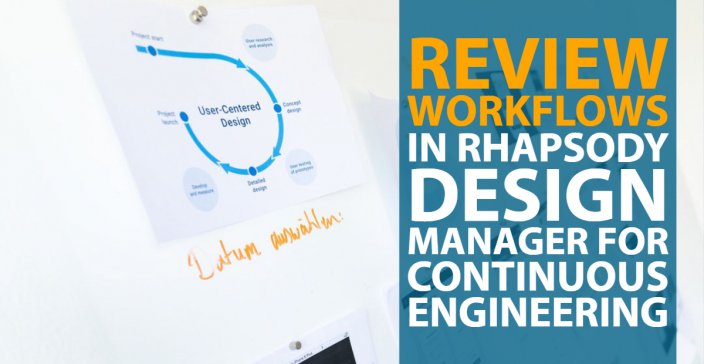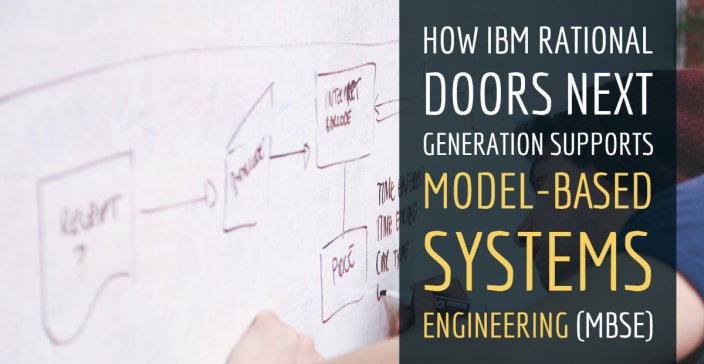Learn more about our MBSE solutions

Intro to IBM Rational Rhapsody
This free online training course introduces viewers to developing both Systems and Software using Model Based Systems Engineering (MBSE) and Model Driven Development (MDD) techniques.
Topics include:
- Benefits in moving from text-based to model-based descriptions
- Modeling Requirements
- Modeling Structure
- Modeling Behavior

MBSE + SAFe
It’s only in the last few years that the Scaled Agile Framework has accommodated Systems Engineering and more specifically, Model Based Systems Engineering methodologies.
–
This presentation speaks of a particular way to use Model Based System Engineering (MBSE) in the context of the Scaled Agile Framework (SAFe).

The Hand-off Between Systems & Software Engineering
The purpose of Systems Engineering is to specify the overall system that the downstream teams build.
Traditionally, Systems Engineers provided the specifications as text-based documents – documents such as Software Requirements Specifications and Interface Requirements Specifications. Many Systems Engineering organizations moved to modeling the system in SysML, but the mechanisms for passing these model based specifications to the software development teams did not change.
–
This webinar shows one way for improving the hand-off of the specification while still meeting both the intent and the letter of existing contracts.
Client Success Stories
The Boeing Company
Model-Based Systems Engineering (MBSE) Implementation at the Boeing Company
The Boeing Company has established an enterprise wide initiative, Integrated Product Architecture (IPA), to implement model-based systems engineering (MBSE) across the company. IPA offers programs a choice of two different MBSE implementations: SysML using IBM Rhapsody and Structured Methods using Siemens Teamcenter® software for Systems Engineering.
Resources

How to Introduce MBSE into an Existing Project?
Methodologists have devised many workflows for building Systems Engineering models. Methodologies including Harmony aMBSE, the MBSE Consulting and Training Method, and Object Oriented Systems Engineering Method (OOSEM) do a very good job leading the Systems Engineer from a clean sheet of paper to a completed Systems Engineering model that is ready for hand-off.–But what do you do when the system already exists?
Read More
Review Workflows in Rhapsody Design Manager for Continuous Engineering
Reviews are a key aspect to improving product design and development. Not only do reviews provide an opportunity to find errors, omissions, risks and opportunities early and often in the product lifecycle, but they also enable increased understanding and communication amongst the development team. Watch this video and learn how to review workflows in Rhapsody Design Manger.
Read More
Requirements Management + MBSE
Applying MBSE techniques helps teams accelerate learning and provides a holistic approach to manage trace relationships required for compliance. In this session we will discuss how solution intent “lives” with IBM Rational CLM and more specifically how DNG helps teams enact MBSE best practices.
Read MoreThe Future is Now
We have helped our clients:
- Increase productivity by 25-75%
- Reduce development costs by 50-60%
- Accelerate time to market by 20-40%
